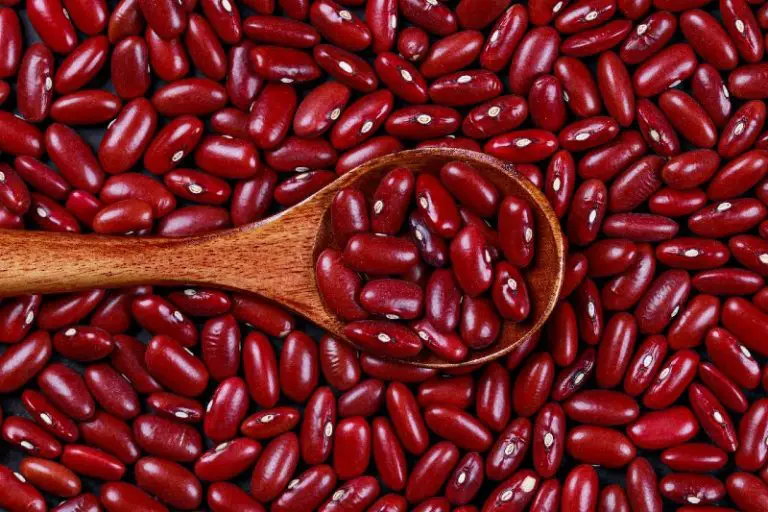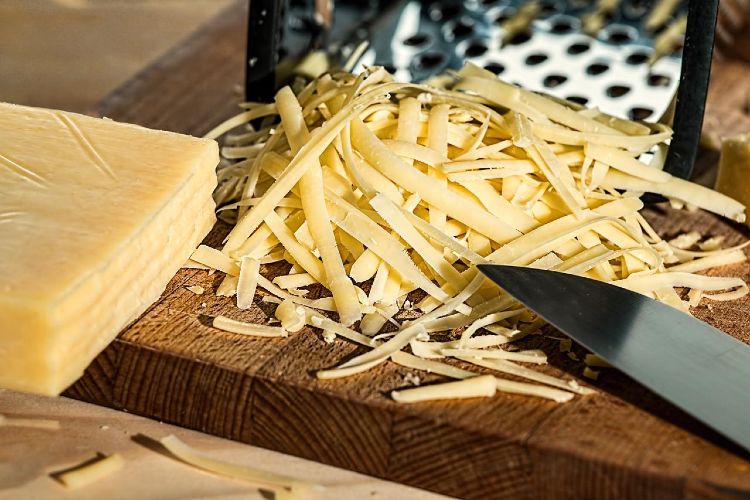Meet the Maker: Matthew Brooks at Nota Bene
In The Foodie Bugle Shop we are stocking Matthew Brooks’s wonderful scented candles, and are also commissioning a set of his letterpress notebooks {watch this space!}.
I wrote to the Doncaster-born, Nottingham-living designer to ask him all about his work and influences, and here is what I found out.
Q: Matthew, how did you start designing candles and notebooks in the very beginning?
A: Since I can remember I have always enjoyed being industrious and making things. As a child I was forever making concoctions with plants from the garden and loved giving my somewhat questionable creations away as presents to any relations who were patient enough to receive them.
As I grew older and started in my career, using my spare time creatively became an important way to relax. This was coupled with a long-held love of shops and shopping, so as my output increased and my skills were gradually honed (and friends and family could not possibly accept any further scented candles or stationery) it seemed sensible to produce designs which I knew would be appreciated by a wider audience and which people might actually want to buy. Scented candles and letterpress stationery are two things which I am passionate about, so they seemed an ideal way to channel my creativity and desire for good design and a well-made product.
Q: Do you have specialised design training or are you a self-taught artist?
A: For many years I have had a very keen interest in art and design, however I have never had any formal design training, so I suppose I am pretty much self-taught. I design completely by hand, making sketches and rough drafts before putting anything into production. This can make responding to briefs for commissions and the like a surprisingly low-tech affair for clients of my work, however as no element of my work requires computer input, I feel that this is the most conducive approach, and allows for the freest creative expression. In some ways I feel that having no formal training frees me from the constraints which can be brought about through following established rules and processes; my only regulation is that I must be as satisfied as possible with my end product, and truly believe it is the right fit for the Nota Bene brand.
Q: What do you do in your day job or is Nota Bene your full-time job?
A: At the moment, Nota Bene is something I do in my spare time, however I consider myself very lucky in that I work full-time in a job that I really enjoy. I work in brand management for Boots, a firm long-established here in my hometown of Nottingham. This involves working in a team developing Boots range of own label and exclusive Christmas gifts, giving me the opportunity to exercise my creativity at work and means I have the immense privilege of working with respected brands to develop their branded gift range within Boots. My day job at Boots and Nota Bene complement each other perfectly, in that I can draw on inspiration from one to feed into the other. It can however mean that my time is occasionally a bit stretched, such as Christmas for example!
Q: How did you pick the raw ingredients for your candles – what fragrances-emotions did you want to evoke?
A: My starting point in creating all of the products for Nota Bene is that they must have integrity. For candles, this means creating fragrances from natural ingredients only. None of my candles contains any synthetic fragrances, and the wax base is made from soy beans, which burns cleanly and evenly, distributing the fragrance well when lit. Nota Bene candles are not natural for natural’s sake however; I believe that to evoke the fragrance of a woodland bonfire a candle needs to contain extracts of real woods, florals and even a little burned matter (birch tar)!
I have always been fascinated by the way in which smells can evoke a time or a place and, in particular, moments in our collective social history. For example, let anyone over fifty smell a piece of carbolic soap and they will instantly relay memories of school and childhood (and perhaps punishments for foul language). The Cedar Embers candle is one of my personal favourites within the range. It is inspired by the evocative smell of burning wood; the merest wisp of wood smoke evokes everything from someone lighting a wood stove, woodland bonfires or childhood camping to visiting country houses with open fires in deepest midwinter. Although it’s not a conventionally ‘pretty’ scent, I hope it will allow people to reminisce and reflect.
Q: What influences your letterpress work – are there printers out there whose work you admire and respect?
A: For me letterpress is something which I am really interested in as a process which is deeply rooted in history, and which requires some skill to perform. I like the fact that in an age of electronic documents and ‘paperless’ offices, letterpress is flourishing as a labour intensive method of printing. It feels somehow indulgent and irreverent.
Letterpress works really well for a Nota Bene as the brand style is sufficiently pared-back to allow the tactility and texture to come to life in the packaging and labels. I am always drawn to prints which have a surface texture as well as just an image; for this reason I use both beautiful old lead type and modern linoleum blocks which I carve by hand and which bring a more graphic element to my designs.
For my letterpress work, I take influence mainly from old books and documents which I have collected since I was a child. My favourite piece is a bible which was printed in 1631; the pages are wafer thin and the text is minute but there are pages which feature incredibly elaborate prints from wood blocks which are a joy to behold. In terms of modern letterpress printing I feel that there are several printers in America who are doing a great job and who are really leading way when it comes to the application of letterpress to modern consumer products.
Q: How relevant do you think the concept of Made In Britain is today, and how important is it for consumers to champion and support it?
A: I think that it is important for products which have their roots and influences in Britain, to be made in Britain. For example, I would be disappointed if I bought a tweed jacket only to discover that the fabric was woven abroad. At the moment we are seeing a real revival of some old British brands which still manufacture in Britain; Loake shoes for example, Barbour waxed jackets and Harris Tweed, which is wonderful and long may it continue. However I feel that good design and high quality of manufacture and finish are generally as important as provenance, and with this in mind I have no qualms about buying such things as fragrance made by DS & Durga in New York, Parisian ceramics from Astier de Vilatte or Italian glasses from Oliver Peoples. Again I think the consumer’s choice should be driven by the integrity and suitability of the product, but supporting British manufacturing where we can is vital to ensuring we don’t lose this hugely important part of our heritage.


